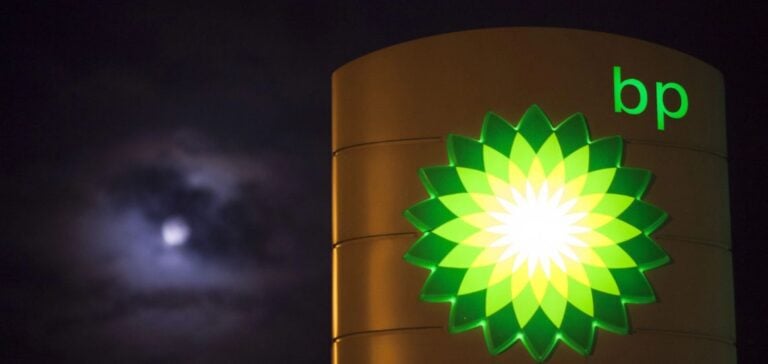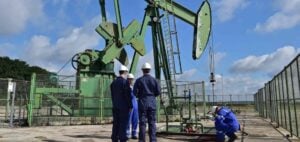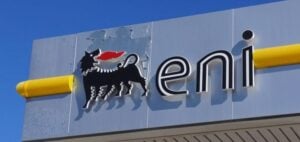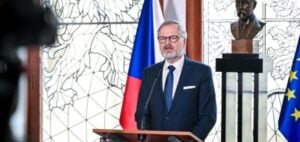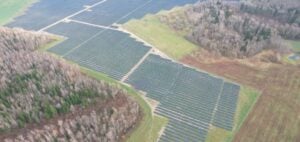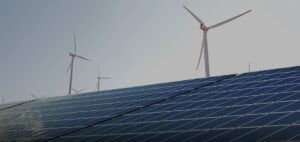BP ‘s net profit fell 72% year-on-year to $2.3 billion, and sales were down 13% to $50 billion. Underlying earnings, excluding exceptional items, also halved to $2.7 billion. Oil prices have fluctuated since the 2022 peak caused by the Russian invasion of Ukraine. However, the geopolitical risks of the Israel-Hamas war drove up oil prices after October 7. On the other hand, gas prices fell, resulting in an unfavorable year-on-year comparison. Despite this situation, BP describes its sales as “solid”.
Measures to simplify and reduce costs
Murray Auchincloss, BP’s Chief Executive, said the group aims to simplify operations and cut costs. The group plans to save $2 billion by 2026 by streamlining its portfolio, implementing digital transformations and optimizing the supply chain. BP has announced a new $1.75 billion share buyback program and an increase in debt to finance investments.
NGO criticism of profits
Environmental organizations have criticized BP’s profits, arguing that the group should be investing in rebuilding Ukraine or supporting countries affected by the climate crisis. Global Witness said BP is making the “rich richer” by distributing its profits to shareholders, with dividends amounting to £22.3 billion since the start of the war in Ukraine.
Pressure for energy transition
The BP Group had initially planned to move more towards carbon neutrality under ex-CEO Bernard Looney. However, the Group’s strategy has changed to increase profits by investing more in hydrocarbons while remaining in renewable energies. Murray Auchincloss has adopted a similar approach to Shell, looking to invest in green technologies if they are profitable.
Challenges and prospects for BP
Analysts warn that backtracking on commitments to carbon neutrality could expose BP to political pressure and public criticism. Nevertheless, the Group is striving to mitigate the valuation disparities between its American peers and its rivals in Europe.
Despite the significant drop in profits, BP continues to adjust its investment strategies to maintain profitability. The Group strives to manage financial market pressures, environmental criticism and energy transition expectations, while seeking to balance its investments between hydrocarbons and renewable energies.

